Deputy Head of the National Assembly Delegation of Khanh Hoa Province, Le Huu Tri, highly agreed with the orientation of a number of key tasks and solutions on the Socio -Economic Development Plan for 2026 and the next 5-year period. In particular, the Government's report and the Report of the National Assembly agencies also identified and pointed out the limitations, potential risks and major challenges of the economy and the social situation for the country's development in 2026 and the next period.
Contributing opinions on the priority implementation of socio-economic development solutions in 2026, delegate Le Huu Tri said that it is necessary to pay attention to the "three strategic breakthrough pillars" to continue maintaining macroeconomic stability, improving growth quality and developing rapidly and sustainably. In particular, focusing on innovating thinking in law-making and enforcement to promptly remove "bottlenecks" and "bottlenecks", and unblocking resources for socio-economic development. Along with that, focusing on reviewing, cutting down, simplifying administrative procedures, perfecting the organization and operation of public administrative service centers at all levels, streamlining procedures, reducing intermediary levels, reducing costs, time, reducing burdens and providing practical support for people and businesses.
Delegate Le Huu Tri emphasized that the goal of maintaining macroeconomic stability, improving growth quality and developing rapidly and sustainably in the context of a rapidly changing, complex world , fiercely competing with more stringent requirements of green economy, digital economy, circular economy, etc. is a challenge. Policies and laws will be difficult to effectively implement in practice if the team of officials and civil servants who plan and implement policies lack strategic vision, courage and responsibility, breakthroughs, and determination to solve problems until the final results are achieved.
According to delegate Le Huu Tri, to achieve the growth target, there needs to be more objectivity and responsibility in assessing the qualifications, capacity, responsibility, and ethics of officials and civil servants to appoint leaders and managers with enough heart and capacity; to arrange the right people for the right job.
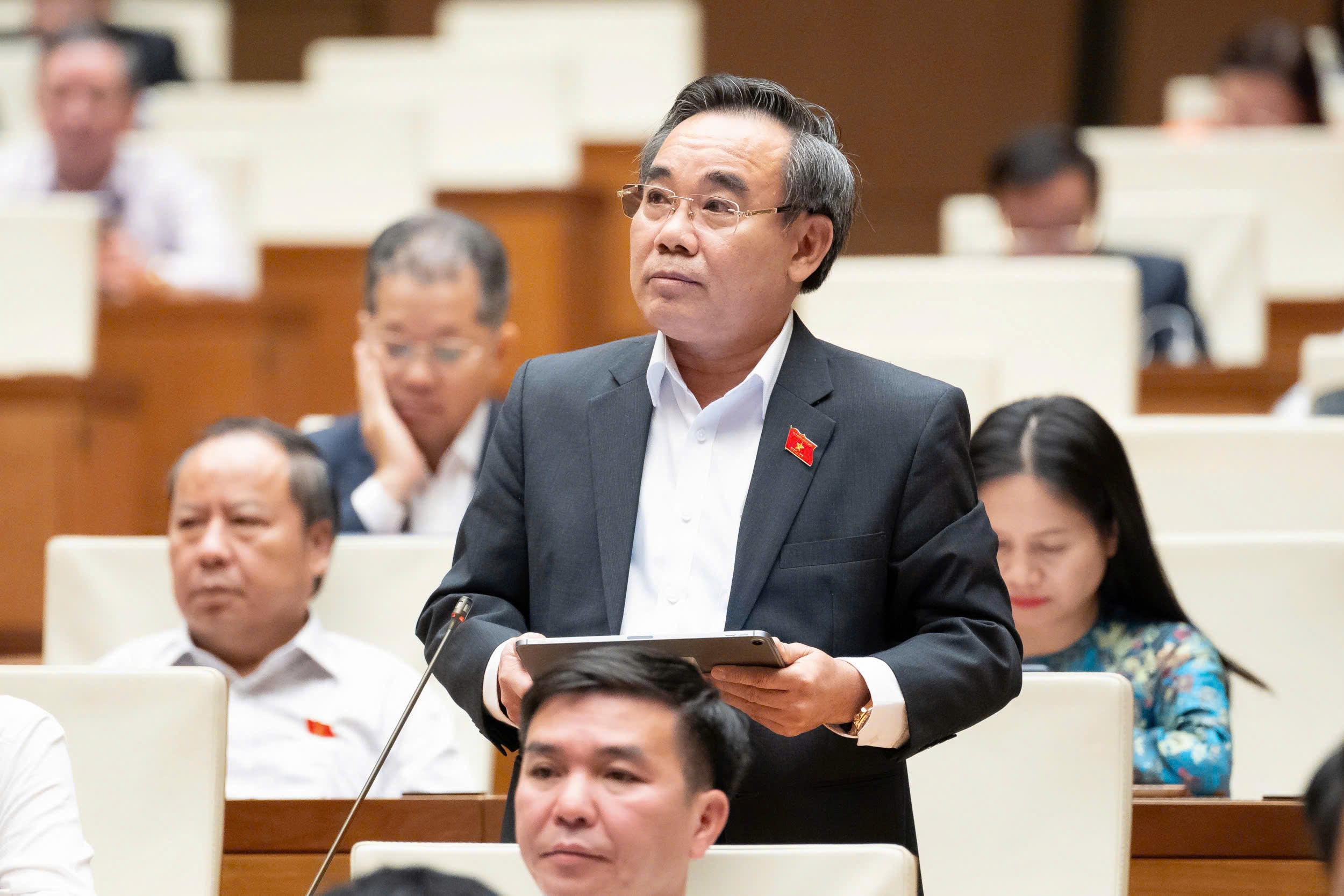
Delegate Le Huu Tri also pointed out that although the socio-economic infrastructure system has been strongly invested in with many large-scale projects. However, socio-economic infrastructure is also a "bottleneck" that hinders the economic growth and has not met the new development requirements. Therefore, it is necessary to objectively assess the effectiveness, synchronization, modernity and long-term sustainability so that the investment in socio-economic infrastructure meets the requirements of promoting the improvement of endogenous capacity, resilience and competitiveness of the country's economy.
Therefore, delegate Le Huu Tri said that in the coming period, there needs to be a correct orientation and more effective ways of continuing to strongly innovate the building and implementation of institutions and laws so that the country has a complete, stable legal institution that covers all fields, the law is strictly enforced, transparently, fairly, meeting the development requirements in the new context, creating trust for businesses and peace of mind for people, as well as creating a stable legal corridor for the development of new economic models.
Strengthening decentralization and delegation of power is necessary, but according to delegates, it is necessary to review, consider, be cautious and have a roadmap so that cadres and civil servants have time to adapt to the conditions where cadres and civil servants, especially at the commune level, still have many shortcomings and limitations in quality and quantity, and cannot meet the requirements of the volume and nature of work in the new conditions of adjusting and expanding administrative boundaries and management scope in the two-level local government model.
Delegate Dang Thi My Huong frankly expressed concerns about issues arising when reorganizing the state apparatus under the authority of the National Assembly according to report No. 843/BC-CP dated September 28, 2025 of the Government.
Sharing about some existing problems and limitations that need to be focused on and resolved, creating resources to carry out tasks for commune-level activities, delegate Dang Thi My Huong said that resources to carry out commune-level tasks are still very difficult, such as the number of commune-level officials and civil servants has decreased, while the scope of management is wider, the workload is greater, especially in the fields of land, public investment, social security, digital transformation...; many places still lack civil servants with professional qualifications in fields such as science, technology, land administration, finance, construction, transportation... this leads to pressure and low work efficiency.
Regarding facilities and technical infrastructure, delegates said that in some places, the information technology infrastructure system is not really synchronous, lacking equipment, transmission lines, management software, etc. This causes difficulties in implementing digital government, providing online public services and performing digital transformation tasks. Meanwhile, the decentralization mechanism is still inadequate. According to the Government's report, some ministries, branches and localities have not been really determined, have not clearly identified decentralization as a key, important and urgent task to propose decentralization and delegation contents associated with cutting and simplifying administrative procedures in sectors and fields; the rate of decentralized tasks and delegation of powers associated with administrative procedures for localities to implement is still not high, currently only reaching about 56% of the requirement.
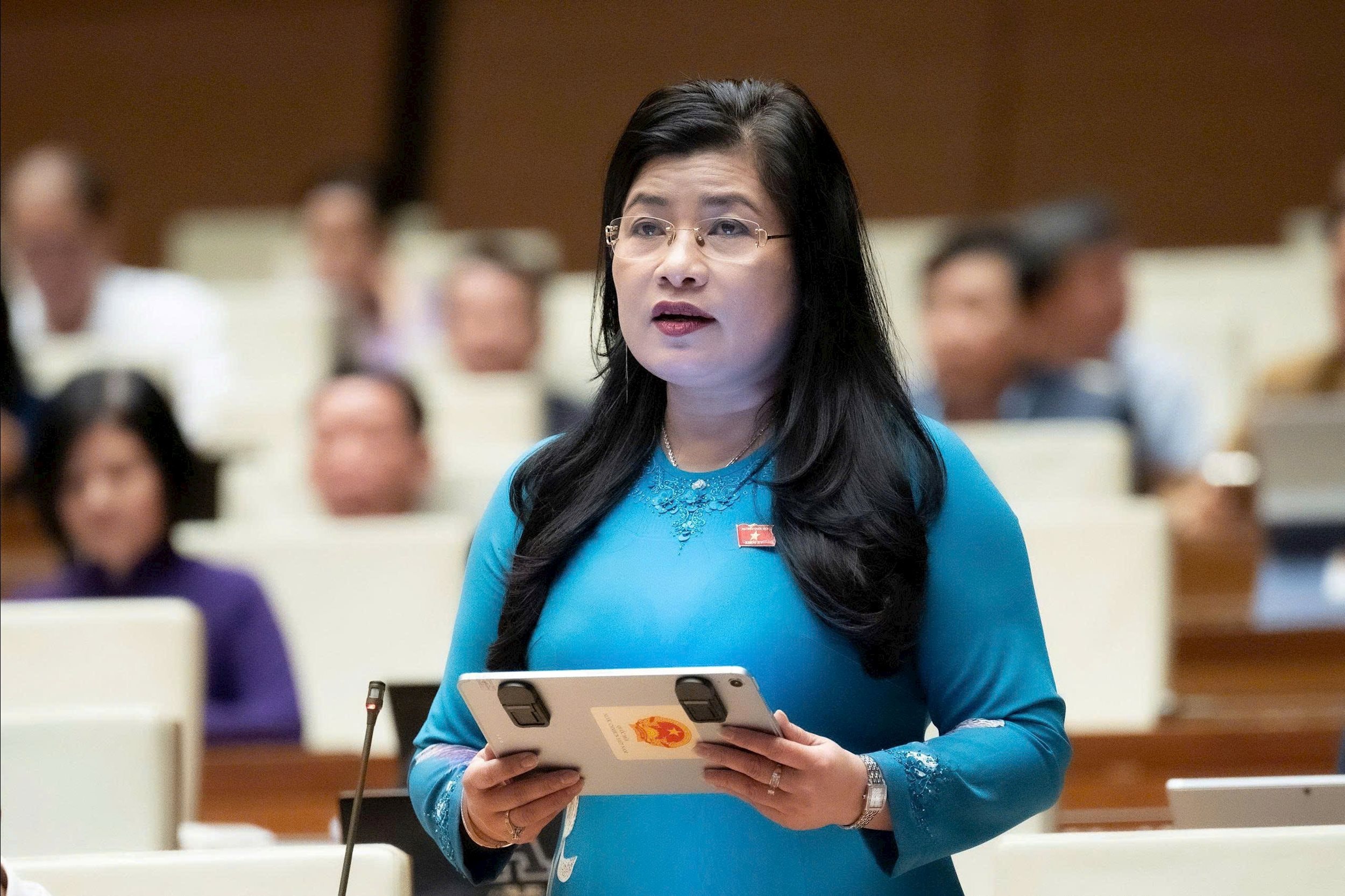
Some legal provisions are still unclear and have not been thoroughly guided, leading to many different interpretations, causing difficulties in application. Timely guidance from superior professional agencies is needed. The financial - budget mechanism has not kept up with the new model while the management area is wider; the assignment of budget expenditure tasks after the reorganization also has many problems, some tasks are assigned according to decentralization and authorization but there is no accompanying funding source, causing difficulties in implementation.
Faced with the above reality, delegate Dang Thi My Huong said that it is necessary to arrange and build a team of competent and stable commune-level cadres. Currently, many communes still lack cadres with expertise in finance, land, science, technology, construction, etc., causing difficulties and bottlenecks in solving work. It is necessary to continue research, have specific policies to attract, treat reasonably, and invest heavily in training and fostering grassroots cadres, especially in areas with difficult socio-economic conditions.
Second, it is necessary to review and regulate the arrangement and allocation of reasonable resources for the commune level in connection with the actual assigned functions and tasks, according to the principle of "where the task is, arrange resources to carry out the task", avoiding the situation of assigning tasks without ensuring the resources to carry out, especially the implementation costs. The budget must ensure that the commune-level government can proactively carry out the tasks of socio-economic development, social security, environmental protection, and national defense and security.
Third, it is necessary to promote digital transformation at the commune level, forming a "digital government close to the people" . It is necessary to invest in infrastructure systems, databases, and unified management software so that communes can receive, process, and monitor work on a digital platform, reduce administrative pressure, and increase transparency.
Fourth, continue to review and research to complete the regulations on the unified institutional framework on decentralization and delegation of power between provincial and communal authorities in the two-level government model in a clear and transparent manner. In particular, clearly define responsibilities, powers and power control mechanisms; avoid the situation of decentralization and administrative delegation without a clear legal basis. At the same time, it is necessary to supplement transparent regulations on regulations, inspection, supervision and power control mechanisms to avoid violations and abuse of power, which need to be prevented early.
According to delegate Dang Thi My Huong, investing resources at the commune level is investing in the sustainable operation of the two-level government and the people's trust in the State, so it is necessary to focus on reviewing and perfecting institutions, ensuring resources so that the two-level government model can operate substantially and effectively, serving the people better.
Source: https://daibieunhandan.vn/tiep-tuc-cai-cach-the-che-on-dinh-kinh-te-vi-mo-trong-giai-doan-moi-10393670.html


![[Photo] General Secretary To Lam attends the Vietnam-UK High-Level Economic Conference](https://vphoto.vietnam.vn/thumb/1200x675/vietnam/resource/IMAGE/2025/10/30/1761825773922_anh-1-3371-jpg.webp)


![[Photo] The Third Patriotic Emulation Congress of the Central Internal Affairs Commission](https://vphoto.vietnam.vn/thumb/1200x675/vietnam/resource/IMAGE/2025/10/30/1761831176178_dh-thi-dua-yeu-nuoc-5076-2710-jpg.webp)

![[Photo] Prime Minister Pham Minh Chinh attends the 5th National Press Awards Ceremony on preventing and combating corruption, waste and negativity](https://vphoto.vietnam.vn/thumb/1200x675/vietnam/resource/IMAGE/2025/10/31/1761881588160_dsc-8359-jpg.webp)
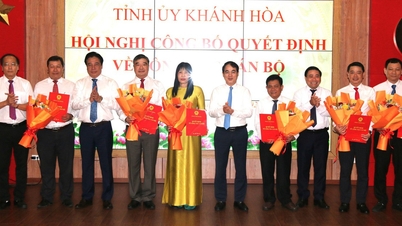

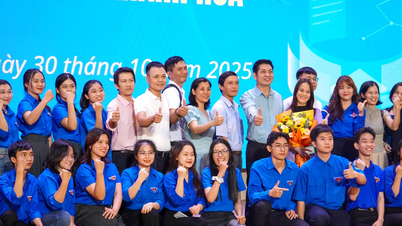



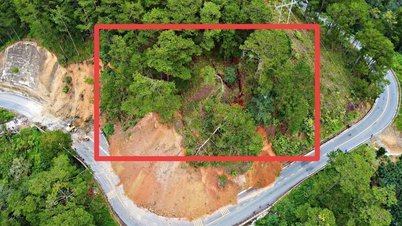

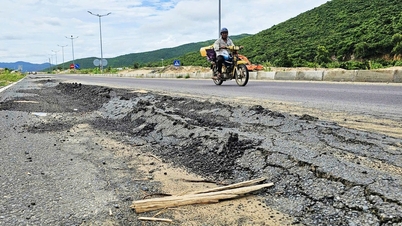
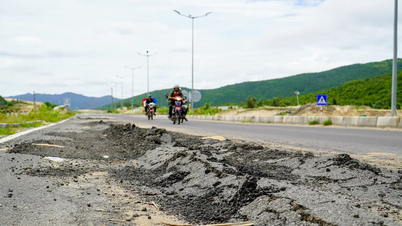


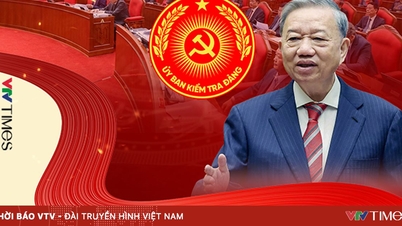
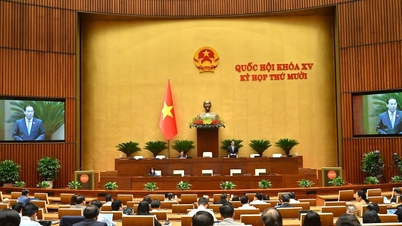
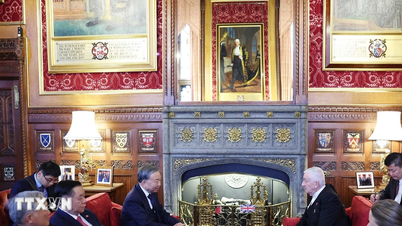

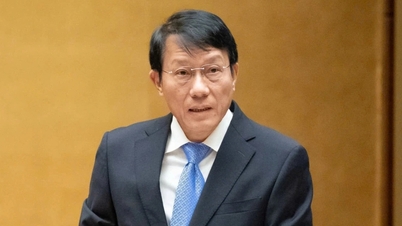

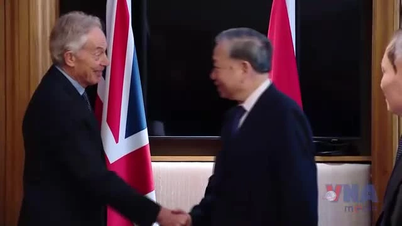




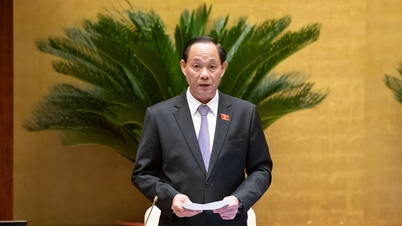
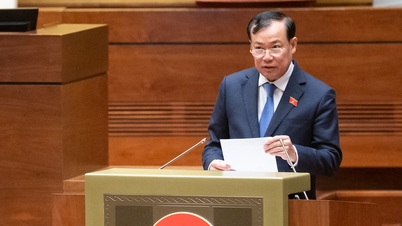
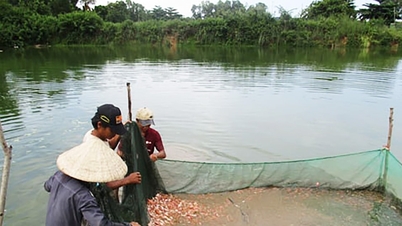
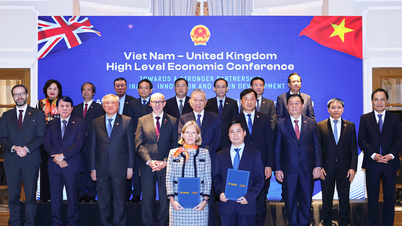
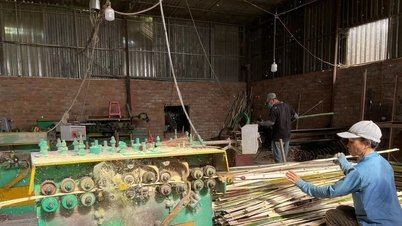

![[Photo] Touching scene of thousands of people saving the embankment from the raging water](https://vphoto.vietnam.vn/thumb/1200x675/vietnam/resource/IMAGE/2025/10/30/1761825173837_ndo_br_ho-de-3-jpg.webp)







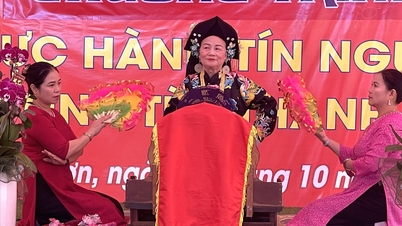














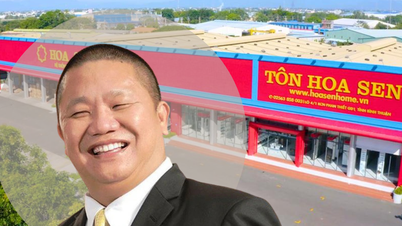










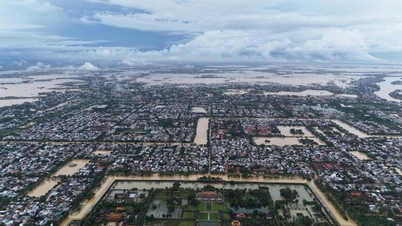





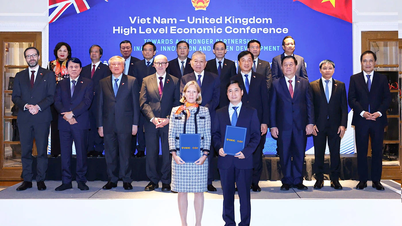

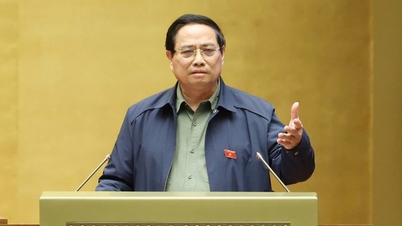


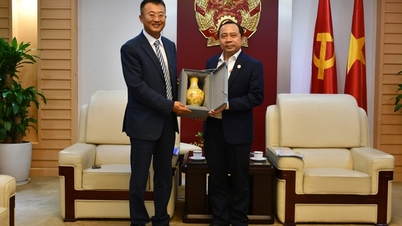
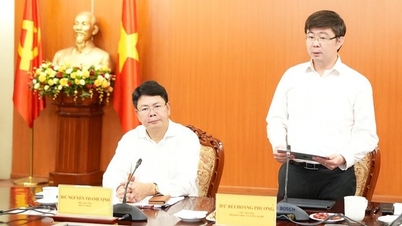
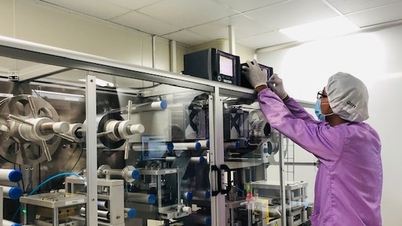
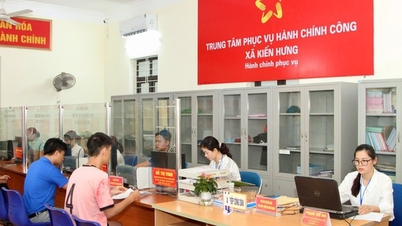
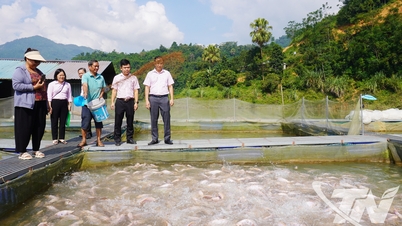

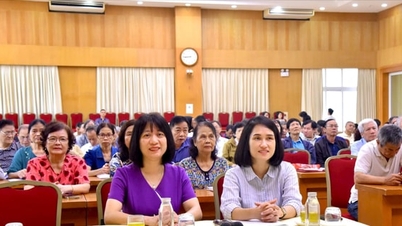

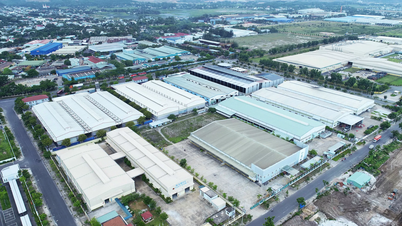



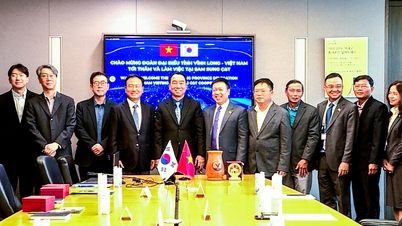
















Comment (0)